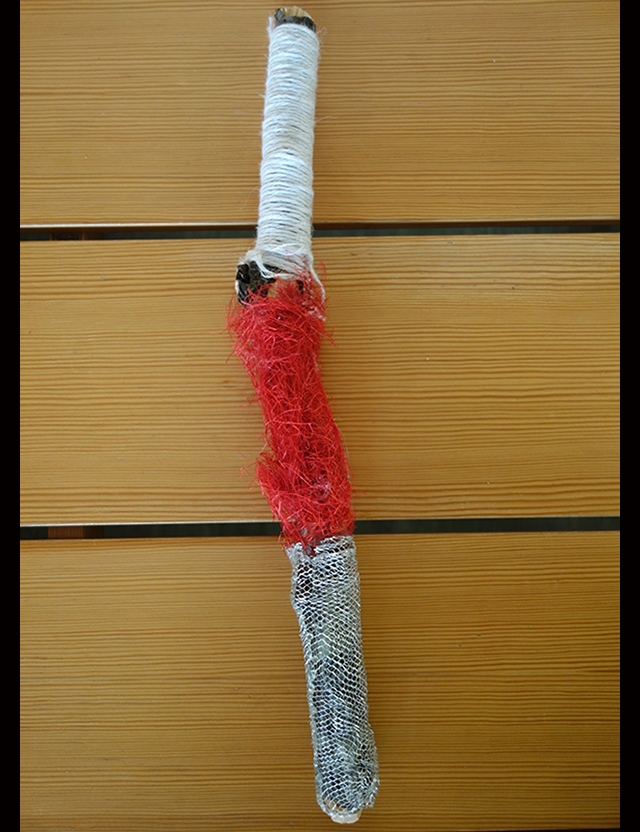
Learn how to improve the lives of individuals with deafblindness or complex communication needs? Unravel their non-verbal communication? Analyse how dual sensory loss impacts development, daily functioning and daily life?
You will find the exact division of courses on this page once the programme for 2025/2026 is set.
| Semesters | ||||
|---|---|---|---|---|
| CoursesCourse Catalog > | 1a | 1b | 2a | 2b |
| Introduction to Deafblindness (5 EC) | ||||
| Theories and Models (5 EC) | ||||
| Internship (20 EC) | ||||
| Master thesis (20 EC) | ||||
| Qualitative Research Methods (5 EC) | ||||
| Participation and Policy (5 EC) | ||||
| Specific requirements | More information |
|---|---|
| previous education |
|
| knowledge minimum |
|
| Study programme | Organization | Transition |
|---|---|---|
| All Research universities |
Via a pre-master More information:You hold a relevant bachelor's degree and can demonstrate that you meet the required knowledge minimum. The admissions committee will assess whether you are eligible for admission. |
|
| Pedagogical Sciences | All Research universities |
No additional requirements More information:Or Educational Sciences. |
| Study programme | Organization | Transition |
|---|---|---|
| Pedagogical Sciences | University of Groningen | No additional requirements |
| Type of student | Deadline | Start course |
|---|---|---|
| Dutch students | 01 June 2026 | 01 September 2026 |
| 01 June 2027 | 01 September 2027 | |
| EU/EEA students | 01 May 2026 | 01 September 2026 |
| 01 May 2027 | 01 September 2027 | |
| non-EU/EEA students | 01 May 2026 | 01 September 2026 |
| 01 May 2027 | 01 September 2027 |
| Specific requirements | More information |
|---|---|
| previous education |
A completed university bachelor's degree in Pedagogical Sciences or a related field allows you to request admission. |
| knowledge minimum |
|
| language test |
The official language of the programme is English. Applicants who are not native speakers must provide official proof of proficiency. Institutional TOEFL scores are not accepted. One of the following is required:
|
| reference letter |
Students with a non-Dutch qualification:
>
Apply for admission
(via
the Admissions Office).
| Type of student | Deadline | Start course |
|---|---|---|
| Dutch students | 01 June 2026 | 01 September 2026 |
| 01 June 2027 | 01 September 2027 | |
| EU/EEA students | 01 May 2026 | 01 September 2026 |
| 01 May 2027 | 01 September 2027 | |
| non-EU/EEA students | 01 May 2026 | 01 September 2026 |
| 01 May 2027 | 01 September 2027 |
Career services
BSS
Where do you want to work after your studies? You can
contact
Career
Services
already during your
studies. They will help you orientate on your career, develop your
skills, apply for jobs and find an internship.
Apply expertise in assessment and intervention tools within a clinical and educational settings in inclusive and special needs education or related fields, for example in complex communication needs such as autism, mutism, and Profound Intellectual and Motor Disabilities (PIMD).
Establish and manage an independent practice to serve diverse client needs.
Conduct scientific research or pursue a PhD to advance knowledge and practice in the field.
